Understanding Social Justice
Explore how the idea of social justice is transforming U.S. politics.
Summer 2021
Online Seminar Series
Free speech in America is at a troubling impasse. At one extreme, the champions of free speech embrace the ultra-libertarian view that every limit on expression, no matter how benign, is a fatal step toward tyranny. At the other, the custodians of public virtue deploy star-chamber methods to enforce an ideology, congealed from political correctness, that grows ever more invasive, intolerant, and inhuman. Can any free nation, especially one as big and diverse as the United States, sustain a tradition of free speech?
In this online seminar, fellows will situate the classic debate over free speech in both the contemporary landscape and the broader historical context. Fellows will explore the challenge of preserving the Western ideal of free speech in a world where democratic governments seem paralyzed by political and cultural polarization; powerful tech companies have become unwilling content regulators; and authoritarian regimes deploy digital technology for surveillance, censorship, and propaganda.
Image: George Caleb Bingham, Stump Speaking, 1853-54
Martha Bayles on Taming the Furies: Free Speech in a Fractured Republic
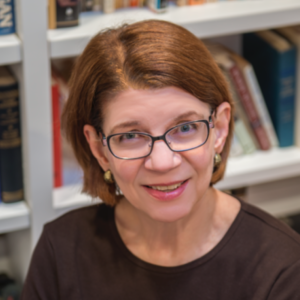
Martha Bayles is a fellow at the Institute for Advanced Studies in Culture at the University of Virginia, and since 2003 she has taught humanities at Boston College. She is currently at work on a monograph on the threats to independent journalism around the world; and a book about the importance of “voluntary restraint” in the American tradition of free speech.

Martha Bayles writes about the arts, cultural policy, and media. A former columnist for the American Interest, she is a Contributing Editor to the American Purpose and film and TV critic for the Claremont Review of Books. She is the author of two books: Hole in Our Soul: The Loss of Beauty and Meaning in American Popular Music (Chicago University Press 1996) and Through a Screen Darkly: Popular Culture, Public Diplomacy, and America’s Image Abroad (Yale University Press 2014). A fellow at the Hudson Institute and the Institute for Advanced Studies in Culture at the University of Virginia, she is currently at work on a monograph on the threats to independent journalism around the world; a book about free speech in the digital age; and a memoir about race entitled Off White. Since 2003 she has taught humanities at Boston College.
Readings:
Readings:
Readings:
Readings:
Readings:
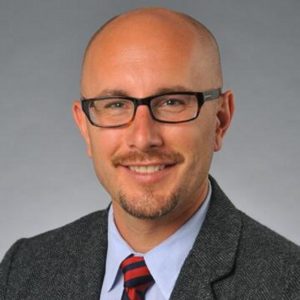
Daniel DiSalvo
Daniel DiSalvo is a Senior Fellow at the Manhattan Institute’s Center for State and Local Leadership and an Assistant Professor of Political Science at The City College of New York-CUNY. His scholarship focuses on American political parties, elections, labor unions, state government, and public policy.
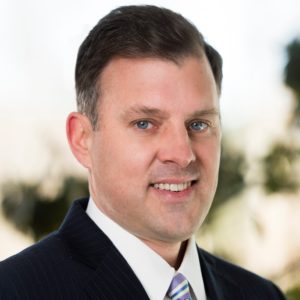
Flagg Taylor
Flagg Taylor is the Executive Director of the Center for Civics, Culture, & Society, at Miami University. His research specialty is in the history of political thought and American government, especially the question of executive power. He is Chair of the Academic Council of the Victims of Communism Memorial Foundation.

Bernhardt Trout
Bernhardt L. Trout is the Raymond F. Baddour, ScD, (1949) Professor of Chemical Engineering and Director of the MIT Society, Engineering, and Ethics Program. He received his S.B. and S.M. degrees from MIT and his Ph.D. from the University of California at Berkeley. In addition, he performed post-doctoral research at the Max-Planck Institute. Professor Trout is the co-editor of the 2016 volume Mastery of Nature.
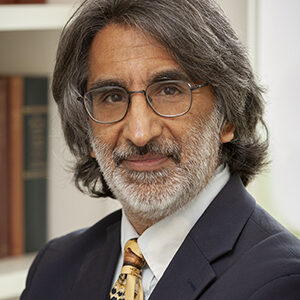
Akhil Reed Amar
Akhil Reed Amar is Sterling Professor of Law and Political Science at Yale University, where he teaches constitutional law in both Yale College and Yale Law School. He is Yale’s only currently active professor to have won the University’s unofficial triple crown — the Sterling Chair for scholarship, the DeVane Medal for teaching, and the Lamar Award for alumni service. He hosts a weekly podcast, Amarica’s Constitution.

Adam J. White
Adam J. White is the Laurence H. Silberman Chair in Constitutional Governance and senior fellow at the American Enterprise Institute, where he focuses on the Supreme Court and the administrative state. Concurrently, he codirects the Antonin Scalia Law School’s C. Boyden Gray Center for the Study of the Administrative State.
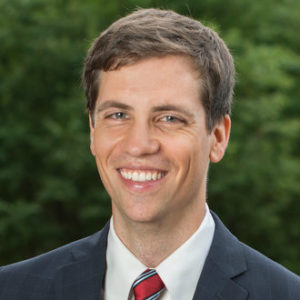
Antón Barba-Kay
Antón Barba-Kay is Associate Professor of Philosophy at The Catholic University of America, in Washington, D.C. (He is also, at the moment, Visiting Professor of Humanities at Deep Springs College, in California.) He earned his Ph.D. from the University of Chicago’s Committee on Social Thought, with a dissertation on Hegel’s Phenomenology of Spirit. The bulk of his research has concentrated on the subjects of recognition and aesthetics in nineteenth-century German philosophy. He is also writing a book about the political and philosophical implications of the digital revolution.

Matthew Continetti
Matthew Continetti is the director of domestic policy studies and the inaugural Patrick and Charlene Neal Chair in American Prosperity at the American Enterprise Institute (AEI), where his work is focused on American political thought and history, with a particular focus on the development of the Republican Party and the American conservative movement in the 20th century.